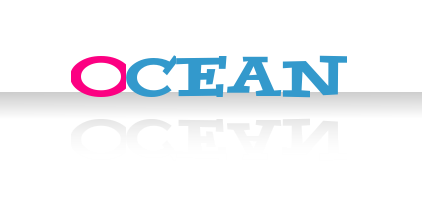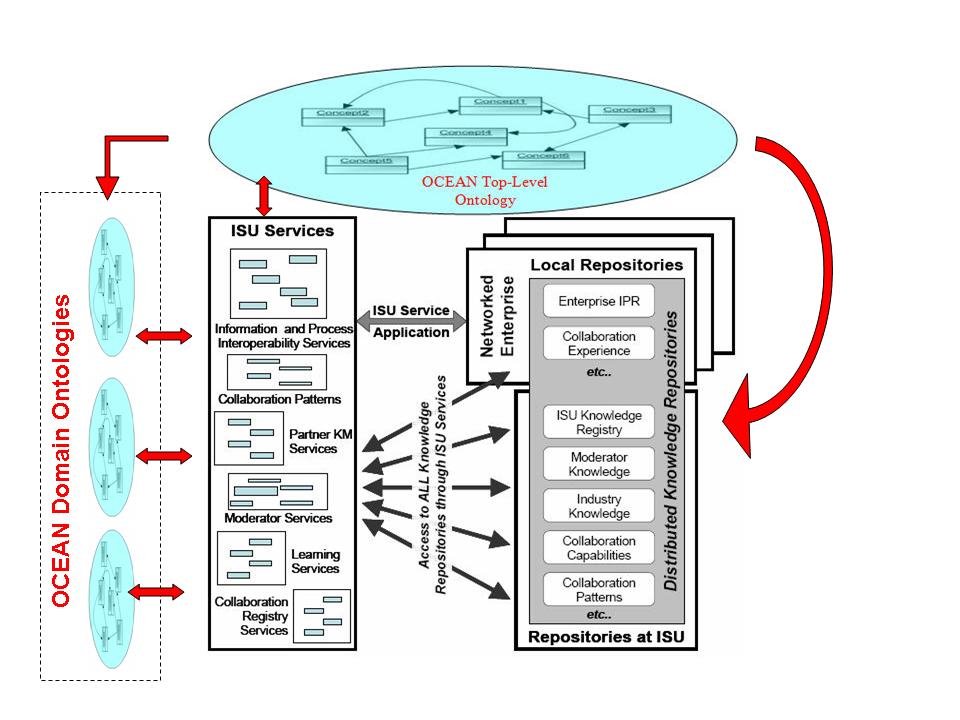
OCEAN is an Ontology for Collaborative Networked Organizations. OCEAN provides a logic-based characterization of adaptive network enterprise collaboration through a top level ontological structure and a number of domain ontologies (Collaboration Knowledge Services, Collaboration Moderator Services, Collaboration Pattern Services).
##Description:
The OCEAN ontology:
- formalizes and enables network enterprise collaboration: it formally models the main factors that affect/enable the network enterprise collaboration orchestrated by an appropriate system.
- enables better communication by defining a common-agreed vocabulary that: ensures shared meaning and understanding regarding collaborations’ goals; supports better collaboration between various tasks; and facilitates knowledge acquisition, where teams have to work together, as an ontology becomes a common, agreed-upon understanding of the terms, which can be read by team members with different background knowledge.
- supports interoperability between software components by formalizing the used vocabulary explicitly in a machine-readable form.
The OCEAN top-level ontology (that is now available) will be the binding entity of all high level concepts that may appear in terms of an appropriate system for facilitating collaborating parties, while the several domain ontologies (to be developed later on) will provide a more specialized view of the high level concepts and cover all the aspects of the domains and interactions related to Collaboration Knowledge Services, Collaboration Moderator Services, Collaboration Patterns.
In the following figure, the OCEAN ontologies are presented, in terms of an adaptive network enterprise collaboration system that facilitates semantically enabled knowledge services.

The OCEAN Ontological Stucture. OCEAN models 53 concepts and 77 relationships.
##Downloads:
The OWL-DL representation of the OCEAN top level ontology is available online as an owl file and a protege file.

